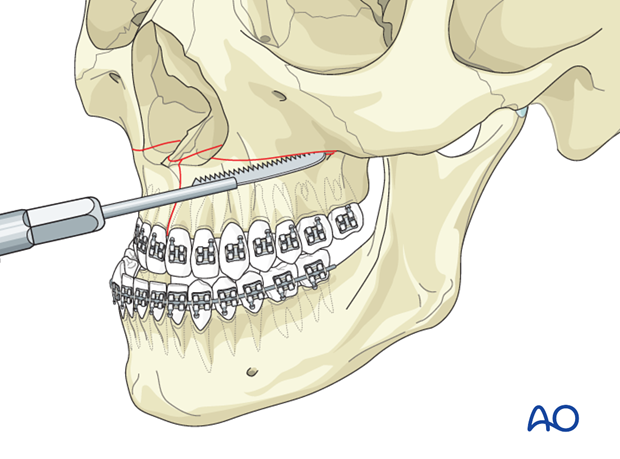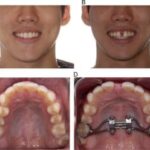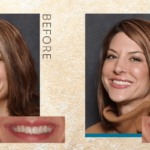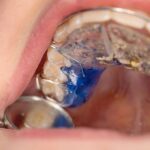During the surgery, the orthodontist will make small incisions in the palate and insert a special device called a palatal expander. This device applies gentle pressure to gradually widen the palate over a period of time. The expander is typically adjusted by the orthodontist at regular intervals to ensure optimal results.
Palate expansion surgery is often recommended for children and teenagers whose jaws are still growing and developing. By widening the palate at a young age, it can help create more space for the permanent teeth to come in properly, reducing the need for future orthodontic treatment. However, it can also be performed on adults who require a wider palate for functional or aesthetic reasons.
During the procedure, the surgeon creates small incisions in the palate and inserts a device called a palatal expander. This device applies gentle pressure to the palate, gradually widening the upper jaw over a period of time. The expansion is achieved by stimulating the growth of new bone in the palate.
Who Needs Palate Expansion Surgery?

Palate expansion surgery is typically recommended for individuals who have narrow upper jaws or a crossbite. A narrow upper jaw can lead to dental crowding, difficulty breathing, speech problems, and facial asymmetry. By widening the upper jaw, palate expansion surgery can create more space for the teeth, improve breathing, and enhance facial harmony.
The Procedure

Palate expansion surgery is typically performed under general anesthesia, ensuring the patient’s comfort throughout the procedure. The surgeon will make small incisions in the palate and insert the palatal expander. The expander may be fixed or removable, depending on the specific case.
Once the expander is in place, the patient or their parents will be instructed on how to activate the device. This usually involves turning a screw or key in the expander, which applies gentle pressure to the palate. The patient will need to perform these activations regularly, as instructed by the surgeon, to gradually widen the upper jaw.
The duration of palate expansion treatment varies depending on the individual case and the desired amount of expansion. It can range from a few weeks to several months. Regular follow-up appointments with the surgeon will be necessary to monitor the progress and make any necessary adjustments to the treatment plan.
Conclusion
Palate expansion surgery is a valuable procedure for individuals with narrow upper jaws or crossbites. By widening the upper jaw, it can improve dental alignment, breathing, and overall facial aesthetics. Whether it is performed on children or adults, palate expansion surgery can have long-lasting benefits and contribute to a healthier and more confident smile.
What Is Palate Expansion Surgery?
The surgery involves the use of a device called a palatal expander, which is attached to the upper molars and is gradually expanded over a period of time. This expansion creates tension in the bones of the palate, which stimulates new bone growth and widens the jaw.
Why Is Palate Expansion Surgery Needed?
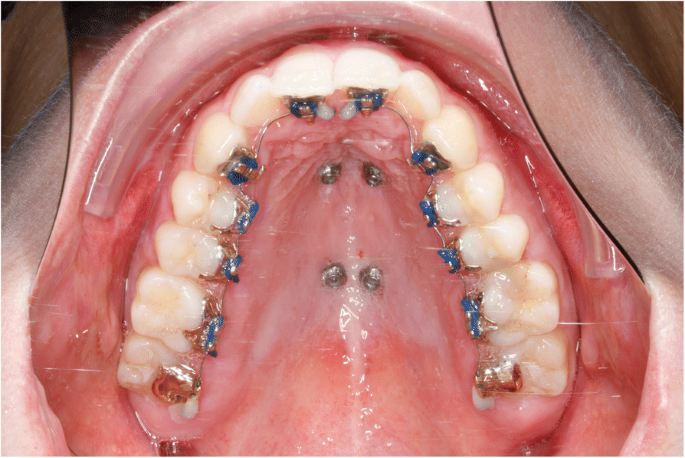
There are several reasons why someone may need palate expansion surgery:
- Correcting a narrow palate: A narrow palate can cause crowding of the teeth, crossbite, or other orthodontic issues. Palate expansion surgery can help create more space in the mouth and alleviate these problems.
- Treating sleep apnea: Palate expansion surgery can also be used as a treatment for obstructive sleep apnea, a condition where the airway becomes blocked during sleep. By widening the palate, it can help improve airflow and reduce the severity of sleep apnea symptoms.
- Improving facial aesthetics: Palate expansion surgery can also help improve the overall appearance of the face by creating better facial symmetry and a wider smile.
Benefits of Palate Expansion Surgery
- Improved breathing: Palate expansion surgery can help improve airflow and alleviate breathing problems caused by a narrow upper jaw. By widening the palate, the airway is opened up, allowing for better nasal breathing.
- Enhanced facial aesthetics: A narrow upper jaw can affect the overall appearance of the face, making it appear imbalanced or asymmetrical. Palate expansion surgery can help improve facial aesthetics by creating a wider, more harmonious smile.
- Correction of dental crowding: When the upper jaw is too narrow, it can lead to dental crowding, overlapping teeth, and misalignment. Palate expansion surgery can create more space in the mouth, allowing the teeth to align properly and reducing the need for extractions or orthodontic treatment.
- Improved speech: A narrow palate can affect speech clarity and pronunciation. By widening the upper jaw, palate expansion surgery can help improve speech and articulation, especially for individuals with speech disorders or difficulties.
- Prevention of future dental issues: Palate expansion surgery can help prevent future dental problems by correcting the underlying structural issues. By creating a wider upper jaw, the risk of developing conditions such as temporomandibular joint disorder (TMJ) and sleep apnea can be reduced.
- Enhanced overall oral health: Palate expansion surgery can improve overall oral health by creating a more stable and balanced bite. This can reduce the risk of tooth decay, gum disease, and other oral health issues associated with misaligned jaws or crowded teeth.
Recovery and Aftercare

1. Rest and Recovery
2. Pain Management
3. Oral Hygiene
4. Diet and Nutrition
![]()
5. Follow-up Appointments
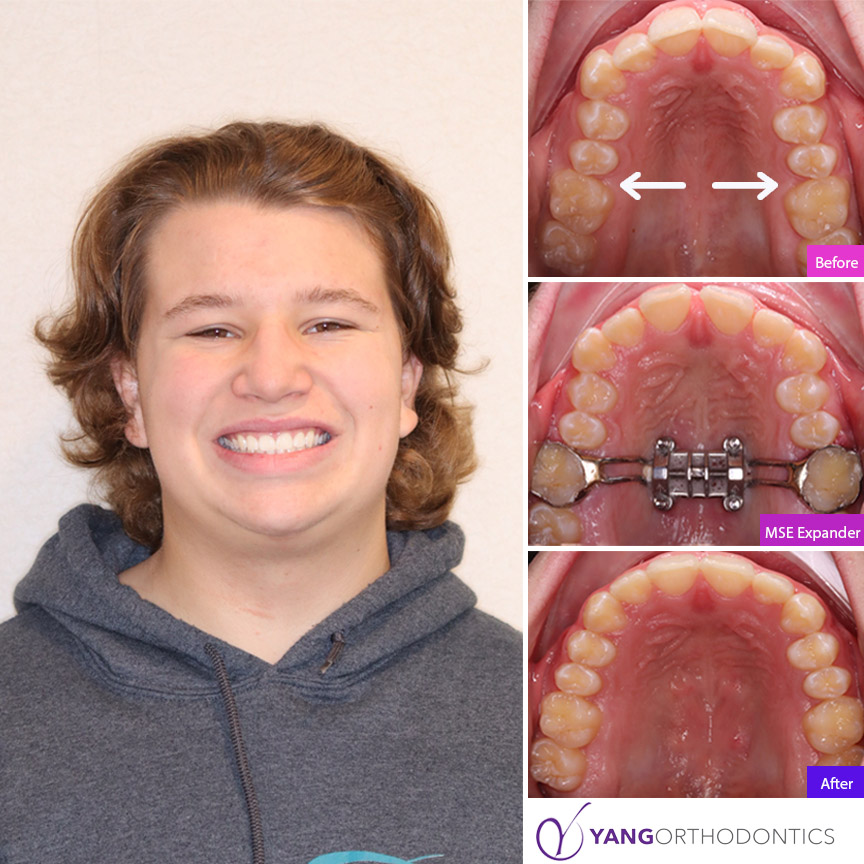
By following these recovery and aftercare guidelines, patients can ensure a smooth healing process and achieve the desired results from palate expansion surgery.

Dr. Fidel Cann: Esteemed orthodontist with a lifelong dedication to enhancing smiles and oral health. Pioneering expertise, compassionate care.
